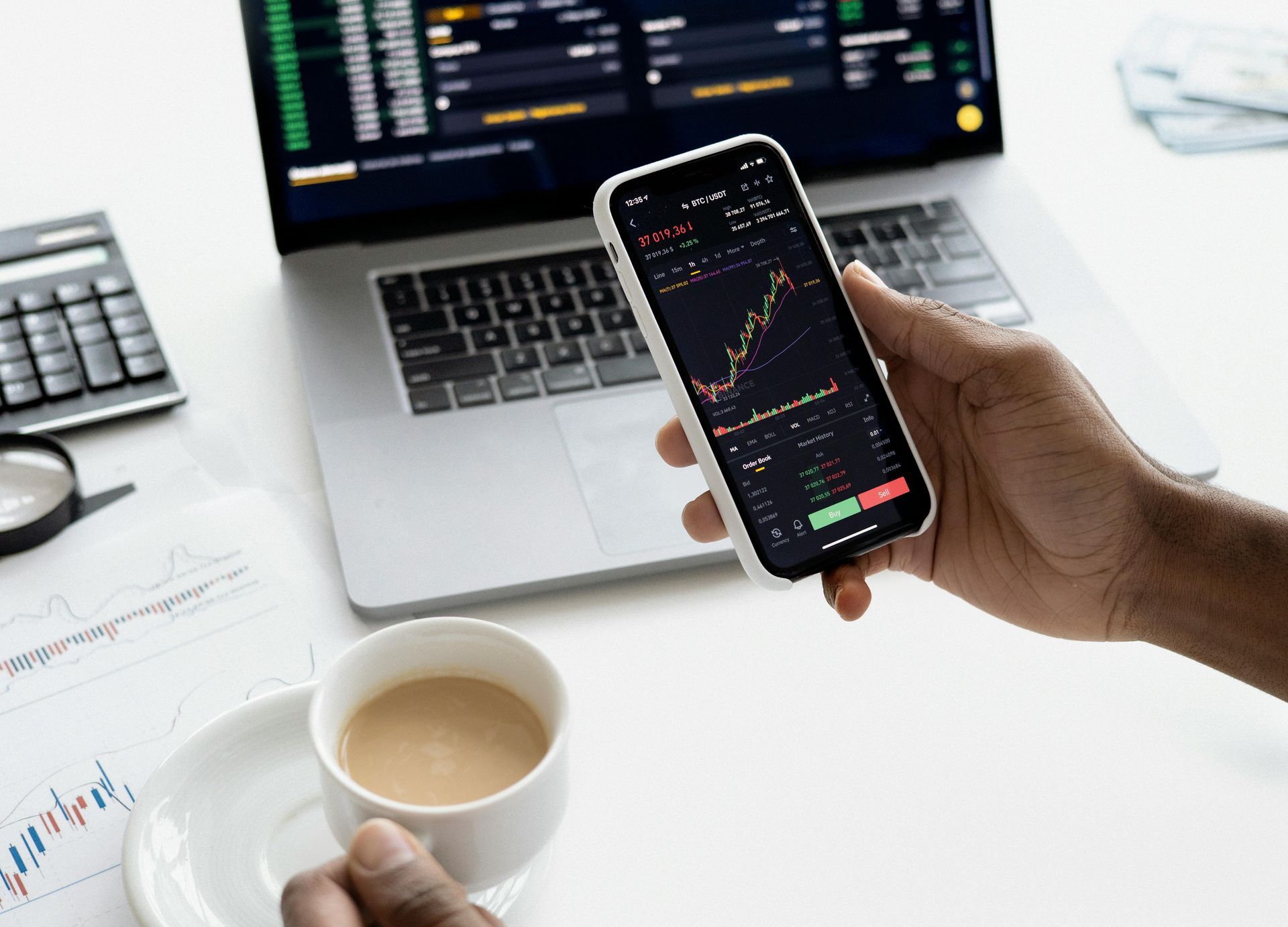When the Music stops in Dubai
English translation of the Dutch report
Introduction
At the end of 2019, I conducted research into the risks associated with renting holiday homes both domestically and abroad. Now, I believe it’s time to add a supplement focusing on the risks related to real estate in Dubai. It actually extends beyond real estate alone.
Social media is saturated with attractive ads about property investments in Dubai. However, there are far more risks tied to investing in Dubai than you may be familiar with in your own country. That is why LawNed has prepared a summary of items that may influence your personal risk analysis.
Below is a comprehensive overview of the facts and risks, designed to give you insight into what is truly happening in that extreme climate.
Part I — Too Many Risks to Sleep Peacefully
1 – Real Estate
- The property market is less transparent. Market information, appraisals, and due diligence are less regulated, and real estate agents are not always trustworthy.
- Although politically stable compared to neighboring countries, Dubai remains an absolute monarchy with limited legal protection for foreigners.
- The dirham is pegged to the U.S. dollar—so when measuring in euros, the exchange rate USD/EUR matters.
- Projects are often sold with rosy promises—guaranteed returns, rental income, and luxury living—but such guarantees often fail to materialize and are difficult to enforce.
- Construction is ongoing at a feverish pace: speculative development frequently results in delays or non-delivery of projects.
- Foreigners may only purchase property in designated freehold zones; elsewhere, you typically hold a leasehold interest, with fewer rights than full ownership.
2 – Climate
- Summer temperatures regularly reach 45–50°C.
- Extreme heat drives notable maintenance costs—air conditioning runs continuously, leading to high energy bills and accelerated wear and tear.
- Outdoor spaces (rooftop terraces, balconies, gardens) are less appealing for tenants during scorching months.
- Though in a desert, Dubai is increasingly affected by heavy rainfall and flooding (e.g., April 2024), and many recent developments lack adequate drainage.
- These conditions lead to higher insurance premiums—or complete unavailability of coverage.
3 – Middle East Tensions
- Dubai is politically stable but located in a volatile region (Iran, Israel, Yemen, Syria).
- Risks include missile strikes, cyberattacks, or spillover effects from regional conflicts.
- Sanctions against trade partners could also negatively impact property.
- Result: sudden price drops and flight of international investors, causing capital leakage.
4 – Expat-Driven Economy
- Dubai’s economy relies heavily on expats, tourists, and foreign investors.
- In times of geopolitical stress or economic downturn, expats leave quickly—leading to empty properties and falling rents.
- Consequently, rental prices can fluctuate sharply.
5 – Limited Legal Certainty for Foreigners
- In times of crisis, foreign property owners have fewer safeguards.
- Rights may be subordinate to national priorities.
- In extreme cases, property could be limited or even confiscated—rare, but legally possible.
6 – Inheritance Law
Understanding inheritance law in Dubai (and the UAE) is crucial if you live or invest there.
- Islamic inheritance (Sharia) applies by default unless a will is registered.
- It follows fixed Quranic shares: spouses, children, parents, siblings receive specified shares; sons receive double daughters; spouses inherit partially depending on offspring.
- Expats can deviate from Sharia through a valid will.
- Without a will, assets are not automatically transferred upon death—bank accounts may be frozen, creating serious issues for heirs.
7 – Banks & Asset Managers
- I personally have seen Mashreq Bank disregard its duty of care: a client was steered into a risky financial product that would never be sold in Europe, yet the bank disclaims responsibility.
- Regulators are unresponsive and many lawyers are conflicted, leaving clients feeling powerless.
- With wide experience in banking and securities law (since 1988), I strongly advise extreme caution: never deposit large sums without independent review, and avoid local investment vehicles and derivative trading.
Part II — When the Music Stops in Dubai
Dubai has exploded in growth since the early 2000s—skyscrapers, artificial islands, mega-malls, and rapid infrastructure expansion. But this boom is almost entirely fueled by foreign capital, speculation, and cheap labor. Today’s market shows:
- Real estate development as a key economic driver
- High vacancy rates in commercial and residential properties
- Volatile prices driven by speculation
- Limited domestic demand—citizens are few and often wealth-bound; expats remain transient
- Vulnerability to oil price swings, tourism cycles, and global tensions
“When the music stops”
As long as building, buying, renting continues, everything seems fine. But once growth halts, there are more players than chairs. Those without tenants or buyers may be left with empty units and heavy loans:
- Vacancy becomes a problem — properties turn from assets into liabilities
- Market collapse — lack of local demand can trigger sharp price corrections, as seen in 2008–2009 and around 2020
- Speculator withdrawal — the mood shift drives investors out
- Government intervention — authorities may impose taxes or restrict foreign ownership to stabilize the market
- Social-economic strain — expat departures lead to job losses and outgoing capital
- Reputational damage — international investors lose confidence and seek alternatives
Conclusion
Whether you’re risk-averse or risk-seeking, investing in Dubai can have very unpleasant consequences. Your ownership can turn from an active asset to a passive liability—costing substantial time and money with no easy exit. As a foreign owner, you may face profound legal limbo and endless costly procedures.
If you ask me, it looks like paradise—until you scratch the surface. Use your practical Dutch sense. Visit Dubai as a tourist, but only set foot in the world of property with extreme caution.


